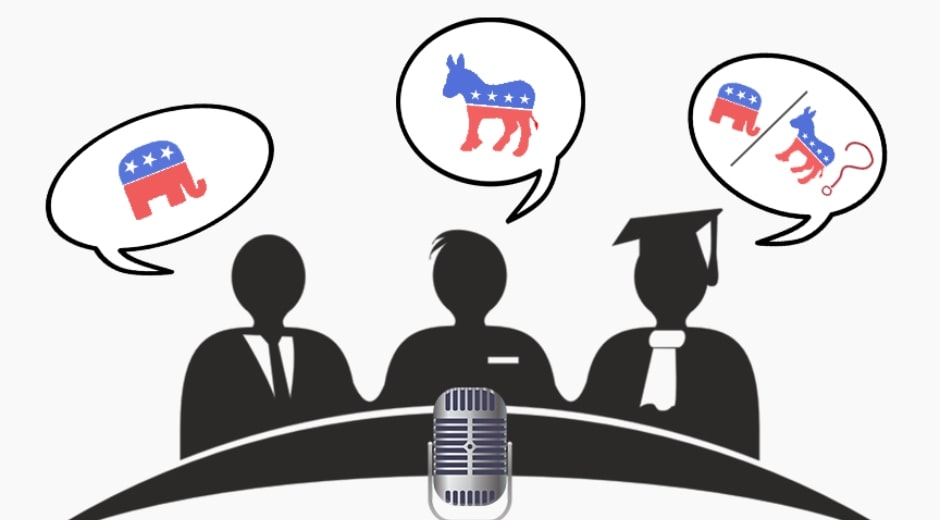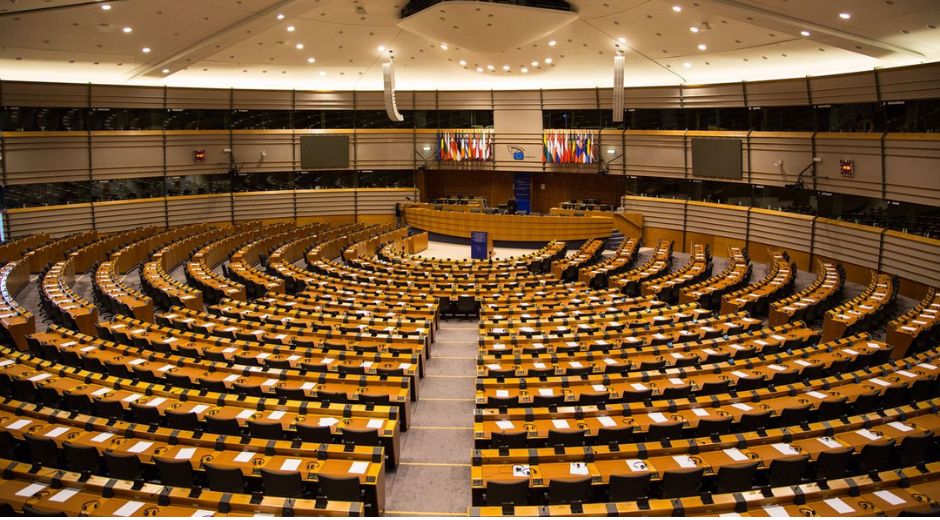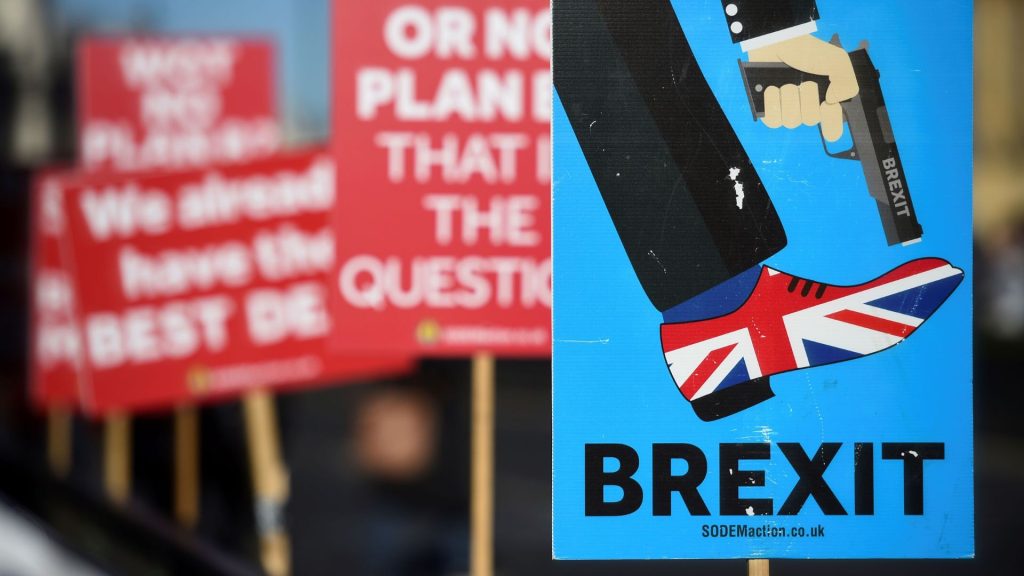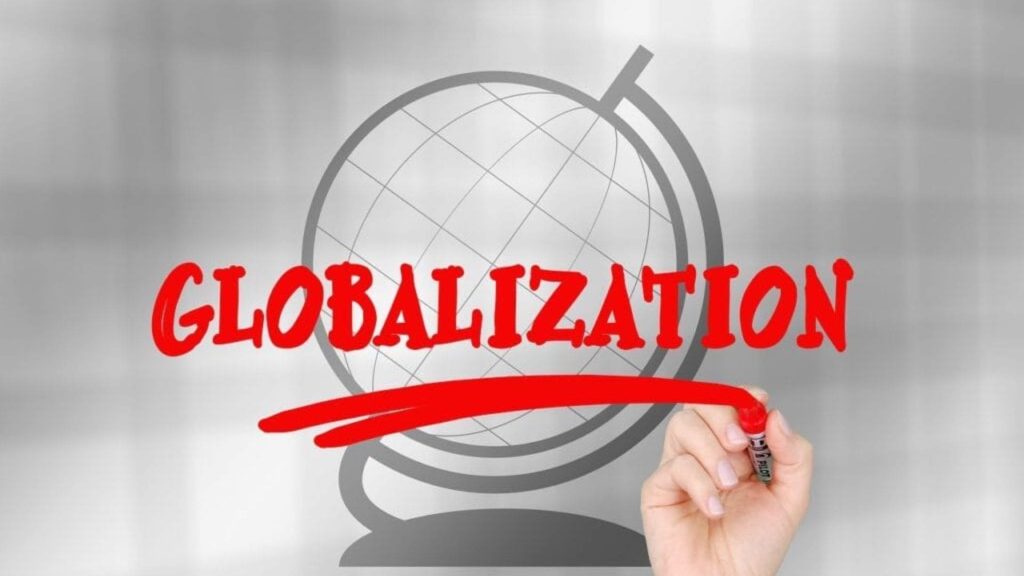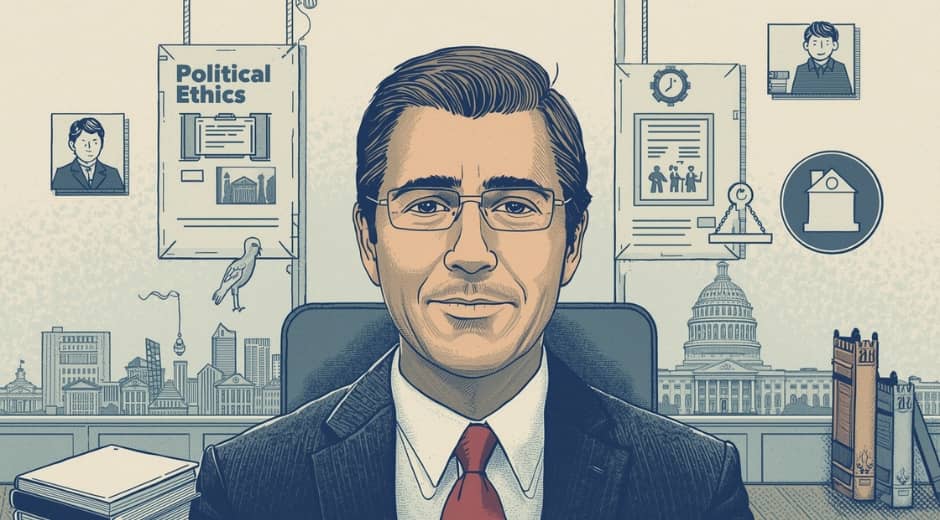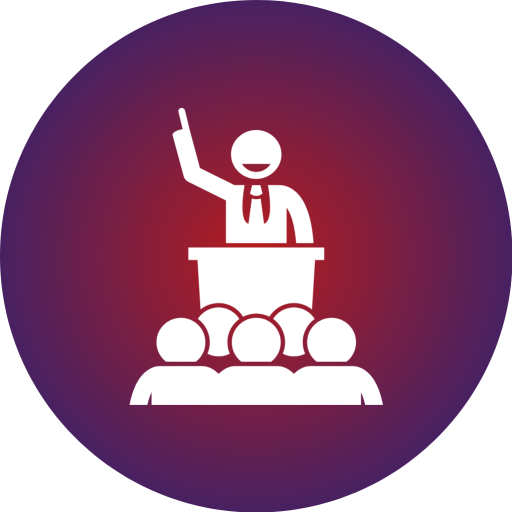5 Sharp Insights on Political Polarization and How It Shapes Our Future
5 Sharp Insights on Political Polarization and How It Shapes Our Future
From heated social media debates to divided election results, political polarization has become one of the defining features of modern society. People aren’t just disagreeing — they’re often living in entirely separate realities shaped by different news sources, values, and beliefs.
Understanding polarization isn’t just about politics — it’s about how we live together as citizens. Here are 5 sharp insights on political polarization and what they reveal about the future of democracy.
1. Polarization Is Emotional, Not Just Ideological
At its core, political polarization isn’t just about differing opinions — it’s about identity. Research shows that people now tie their political beliefs to their sense of belonging. When political loyalty becomes personal, disagreement feels like an attack, not a debate.
This emotional divide creates what experts call affective polarization — where we dislike people simply for being on “the other side.” Bridging that gap starts with empathy and understanding, not argument.
2. Social Media Accelerates Division
Platforms like X (formerly Twitter), Facebook, and TikTok amplify conflict because controversy drives engagement. Algorithms reward outrage, pushing extreme content to the top of our feeds.
While social media gives everyone a voice, it also creates echo chambers where users only see opinions they already agree with. To reduce polarization, we must diversify what we read, follow, and share — stepping out of our digital comfort zones.
3. Economic Inequality Fuels Political Friction
Polarization isn’t just cultural — it’s economic. In societies where inequality grows, political anger often follows. People who feel left behind tend to distrust institutions and gravitate toward leaders who promise radical change.
Bridging the political divide, therefore, isn’t only about dialogue — it’s also about policy. Addressing inequality through fair taxation, education access, and job opportunities helps ease resentment and rebuild trust.
4. The Media Landscape Shapes Perception
Traditional media still plays a major role in polarization. Partisan outlets present events through ideological filters, often framing stories to confirm their audience’s preexisting views. This selective storytelling intensifies division and discourages independent thinking.
The solution isn’t censorship but media literacy — teaching citizens how to question sources, verify facts, and analyze bias. Informed skepticism is the foundation of a healthy democracy.
5. Dialogue Is the Antidote
Despite the noise, most people still share common goals: security, prosperity, fairness, and freedom. The real challenge lies in communication. Genuine dialogue — where we listen to understand, not just to respond — is the first step toward healing.
Programs that bring people from opposing sides together, such as civic forums and community discussions, have shown promising results. Rebuilding trust starts locally, through conversation, cooperation, and shared purpose.
The Broader Implications for Democracy
If polarization continues unchecked, governance becomes gridlocked and citizens lose faith in institutions. But if societies commit to empathy, education, and equality, they can transform polarization into progress.
The goal isn’t to erase differences — it’s to debate without dehumanizing. Healthy disagreement fuels democracy; hostility destroys it.
Practical Steps for Reducing Polarization
-
Diversify your media diet: Read across the spectrum — left, right, and center.
-
Practice empathy online: Respond to differing opinions respectfully.
-
Support civic initiatives: Encourage programs that promote dialogue.
-
Vote with awareness: Focus on issues, not personalities.
-
Recharge thoughtfully: Take time away from political noise to reflect.
Conclusion
The story of political polarization isn’t fixed — it’s evolving. While technology and ideology have deepened divides, awareness and education can bridge them. By choosing understanding over outrage, citizens can rewrite the narrative of division into one of unity and shared responsibility.
The future of democracy depends not on agreement, but on mutual respect — and the courage to keep talking.
Extra Insight After Conclusion
Critical Thinking: Always verify before you amplify — fact-checking is power.
Stay Grounded: Focus on shared values and real-world solutions.
Engage Locally: Real change often starts in your own community.
Digital Detox: Take breaks from political feeds to reset your mindset.
Inspiration Time: Explore positive civic stories and reforms from trusted news and research outlets.
The Pulse of Sport

Sanctions Policy As A Non Military Tool Of Pressure
Sanctions Policy As A Non Military Tool Of Pressure

Information Warfare In Politics And The Fight For Truth
Information Warfare In Politics And The Fight For Truth

Democratic Backsliding, Early Warning Signs To Watch
Democratic Backsliding, Early Warning Signs To Watch
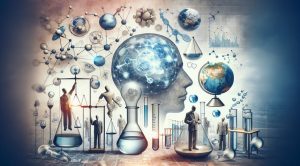
Policy Experiments Tested Locally Before National Adoption
Policy Experiments Tested Locally Before National Adoption






